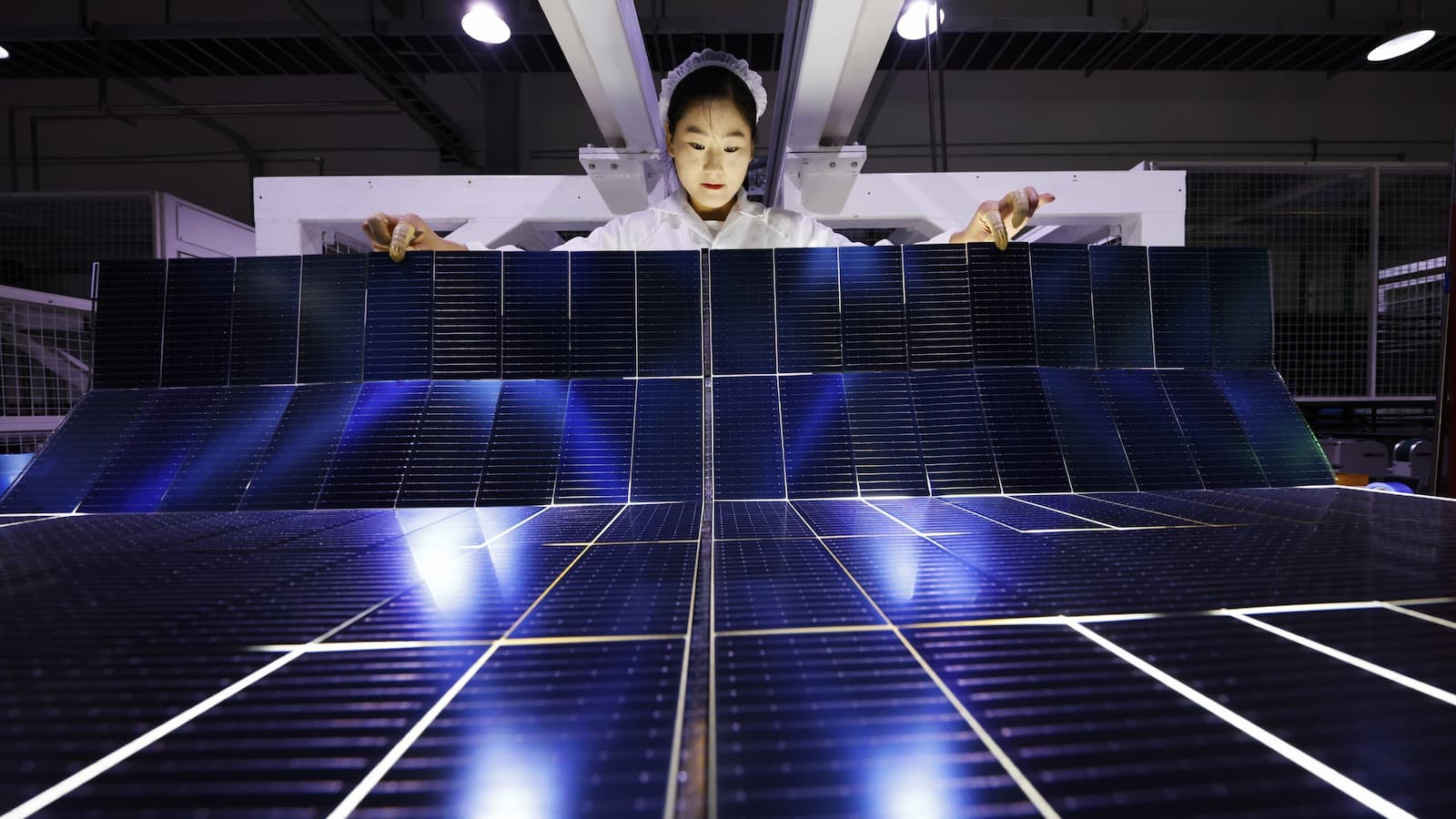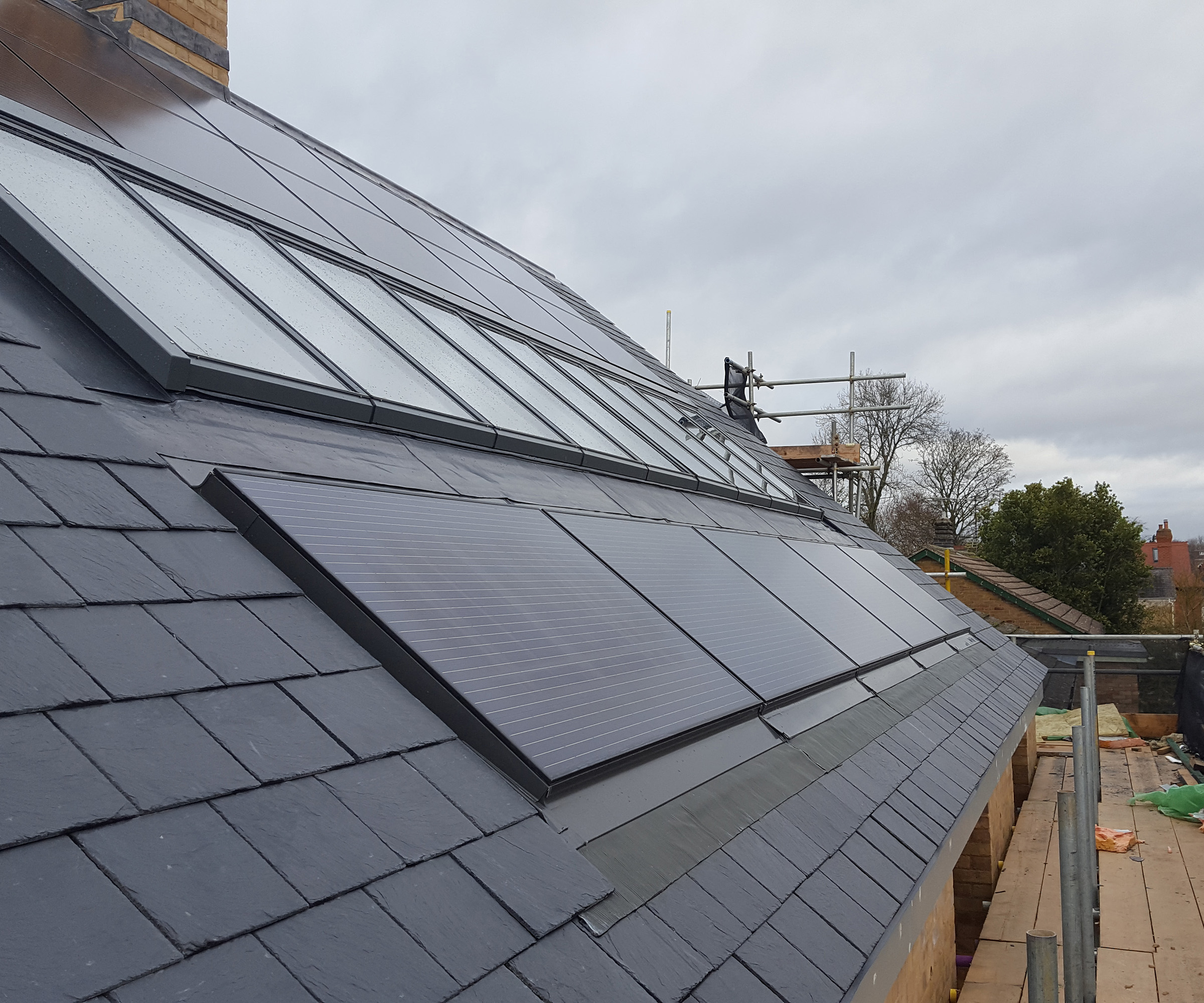The UK must ditch imported solar panels and build its own, industry experts say
A new generation of British solar technology could solve the UK’s energy, security, and ethical dilemmas – if policy catches up

Britain is in the middle of a solar power boom but few realise how dependent this green energy revolution is on imported technology.
As demand surges, concerns are mounting over the ethical and strategic risks tied to foreign solar panel supply chains.
With a new generation of British solar technology ready for deployment, many are asking: why aren’t we building solar panels at home?
A clean energy boom, built on foreign labour?
Solar energy is now one of the fastest-growing components of the UK’s energy strategy. More than 1.78 million homes have solar PV systems installed, and the government has pledged to increase national capacity to 47 GW by 2030.
However, the panels powering this transformation are overwhelmingly imported.
An investigation found that 97% of the solar panels installed in the UK include polysilicon sourced from China, with much of it traced back to Xinjiang, where forced labour among Uyghur minorities has been documented.
“This is not just a supply chain issue – it’s a human rights issue,” said Dr Laura Murphy, Director of the Helena Kennedy Centre for International Justice. “As the UK accelerates its clean energy agenda, it must ensure it is not complicit in abuse abroad.”
Bring your dream home to life with expert advice, how to guides and design inspiration. Sign up for our newsletter and get two free tickets to a Homebuilding & Renovating Show near you.
Efforts are underway to curb this reliance. In early 2025, Great British Energy announced new rules to exclude suppliers linked to forced labour, but the UK’s domestic manufacturing base is currently too small to meet demand.
For consumers, this raises difficult questions - not only about sourcing, but also about cost and value.
A homegrown alternative: British-made perovskite panels

There may now be a viable British-made solution. Oxford PV, a University of Oxford spin-out, has developed tandem perovskite-on-silicon solar cells that outperform conventional panels in both efficiency and scalability.
In 2024, the company announced a world-record 26.9% efficiency in a commercially sized solar module. For comparison, standard rooftop panels typically range between 18–22%.
“Our technology enables consumers to generate significantly more energy from the same roof space,” said David Ward, Director of Communications at Oxford PV. “And crucially, it’s built using materials that avoid the ethical risks embedded in current mainstream supply chains.”
Oxford PV manufactures at scale in Germany, but the company says it is open to UK-based expansion – especially if domestic demand grows. With rising public awareness and mounting political pressure, UK-based production could support both ethical procurement and energy security.
For UK homeowners, these breakthroughs could make solar systems not just more efficient, but also more beneficial to the UK renewables industry.
Increasing government pressure
While technological solutions are emerging, national policy and infrastructure are lagging behind.
Community energy groups like Kent Community Energy have long argued that solar projects should be rooted in local ownership, and supported through government solar panel grants. Yet even these schemes often rely on overseas panels.
Homeowners are already driving demand for alternatives. Interest in installing solar panels has spiked since the energy price crisis, with searches up more than 40% in the past year.
The Institute For Public Policy Research (IPPR) warns that without decisive investment, the UK will miss major clean energy targets. The group has stated that within five years, the country “can and must” expand manufacturing capacity across key green technologies - including solar - or risk being left behind.
As Luke Murphy, Associate Director at IPPR, puts it:
“There is an emerging global consensus on employing a muscular green industrial strategy. These policies will cut energy bills, generate jobs, help make Britain energy independent, and reduce emissions.”

News Editor Joseph has previously written for Today’s Media and Chambers & Partners, focusing on news for conveyancers and industry professionals. Joseph has just started his own self build project, building his own home on his family’s farm with planning permission for a timber frame, three-bedroom house in a one-acre field. The foundation work has already begun and he hopes to have the home built in the next year. Prior to this he renovated his family's home as well as doing several DIY projects, including installing a shower, building sheds, and livestock fences and shelters for the farm’s animals. Outside of homebuilding, Joseph loves rugby and has written for Rugby World, the world’s largest rugby magazine.
